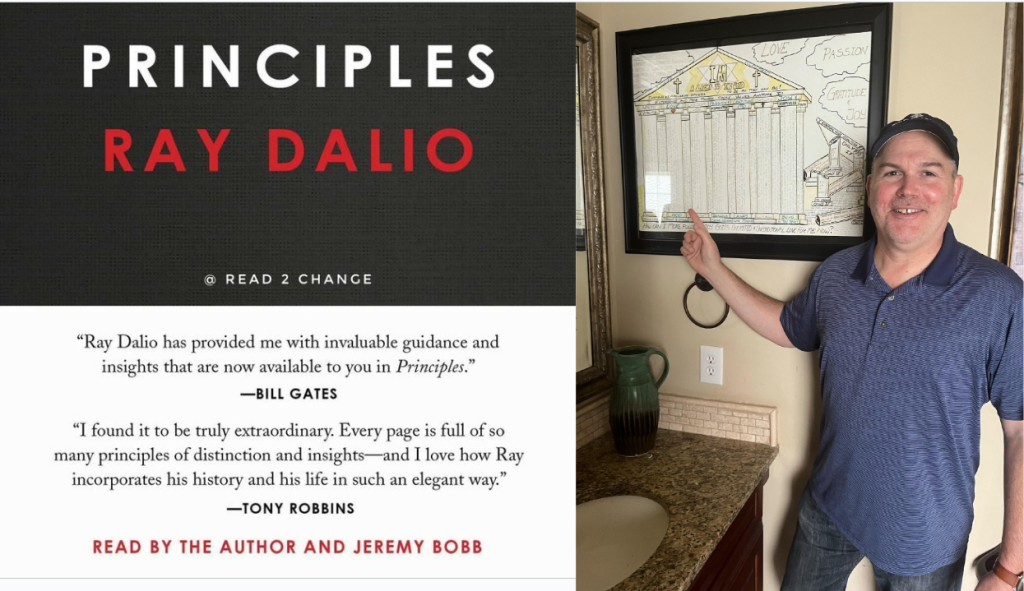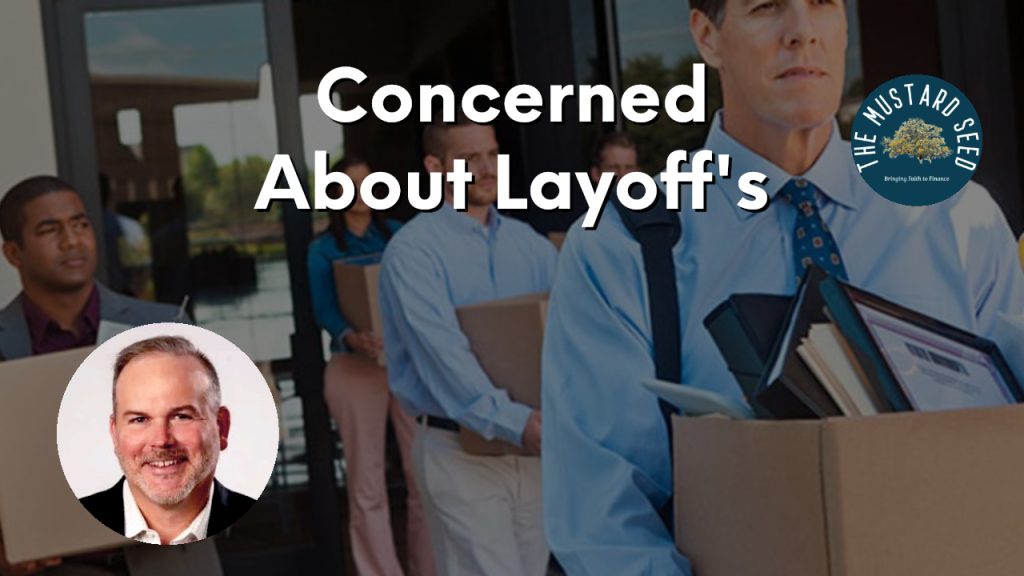I recently wrote this article for Money Magazine.
Click here to view the edited version.
“Father Merchant, Son Gentleman, Grandson Beggar” – Spanish Saying
A few years ago, meeting with new potential clients who were considering retirement, it became clear that the biggest hurdle that stood in the way of a successful future was the continued dependency of their adult children. Even though the children were well into their forties, they were still consistently asking their parents for money. This was such a persistent issue that this couple had fallen behind and actually taken out of their retirement plans to support their children.
Luckily there was a pension to augment retirement savings. Otherwise they would have been forced to continue working. Neither were in the best of health. Working well into their seventies did not sit well with them. I strongly encouraged them to delay retirement, wean their children off economic assistance and save more while they could. Looking back, they are in a much better position now because they took these hard but necessary steps. As is often the case, we may risk losing business by giving good advice that is not popular, but the “less traveled road” is often better for our business and our clients in the long run.
Some adult children may never become productive members of society. Whether they are socialites or feel they are entitled to a never ending string of handouts, these individuals have never developed into “economic adults”. That is one reason I recently found it refreshing to read how former bad boy Mick Jagger was taking a strong stance to ensure that his children developed into economically independent adults.
Just last year, Jagger’s former wife, was pressuring him to buy new houses for their three kids who are now in their twenties. He can easily afford the purchase, according to his ex-wife. The rock star reportedly has five homes of his own. So why be so stingy?
Jagger, known to be “famously careful with his pennies,” is firmly opposed to these types of “parental housing subsidies.” He believes his children have already enjoyed many advantages in life and that setting them up in their own homes will do more harm than good.
In The Millionaire Next Door, by Thomas Stanley, two entire chapters are devoted to “economic outpatient care”, the substantial financial gifts some parents give their adult children. The research indicates “the more dollars adult children receive, the fewer they accumulate, while those who are given fewer dollars accumulate more”.
What is the effect of cash gifts that are knowingly ear-marked for consumption? The authors state, “The giving of such gifts is the single most significant factor that explains lack of productivity among the adult children of the affluent.” Parents are unwittingly conditioning their offspring to become dependent on them.
Three primary concerns of our clients include protecting offspring from the dangers of inheriting too much. undisciplined spending and today’s overly litigious society. Many financially independent adult children do not plan on inheriting any wealth from their parents. When and if they inherit a more substantial sum, they’re much better prepared to handle it when they have been faithful with their own savings. I encourage our clients to take care of yourself, your church and charities first. The most important things we can leave our children are values and skills that empower them to achieve independently. Paying for education, providing seed money to start a business, or anything encouraging financial responsibility can be beneficial.
Increasingly we’re advising clients to utilize trusts and family foundations to ensure their wealth is spent most responsibly. These entities provide safeguards for adult children with protections from themselves and those who might be in a position to take advantage of them. My personal family trust and many of our client’s have provisions where children may withdraw funds for education, medical needs and basic support . Additional funds are available to the extent they can provide for themselves.
How do we protect against future spouses, business partners or overly litigious opportunists taking advantage of our adult children? Revocable trusts established today can become irrevocable trusts when one spouse passes away, protecting from financial vultures. Irrevocable asset protection trusts serve as another good vehicle to protect client interests if threats are more immediate. For those donating significant amounts to church or favorite causes, charitable trusts can provide substantial tax savings.
Financial media magnate and former New York mayor Michael Bloomberg has embraced this philosophy. Bloomberg recently wrote, “Nearly all of my net worth will be given away in the years ahead or left to my foundation.” Why not take after Mr. Bloomberg and Mick Jagger as it relates to giving to our children? Doing otherwise may be hazardous to their financial health.
“The best financial planning ends with bouncing the check to the undertaker.” – Michael Bloomberg
Joe D. Franklin, CFP is Founder and President of Franklin Wealth Management, a registered investment advisory firm in Hixson, Tennessee. A 20-year industry veteran, he contributes guest articles for Money Magazine and authors the Franklin Backstage Pass blog. Joe has also been featured in the Wall Street Journal, Kiplinger’s Magazine, USA Today and other publications.
Important Disclosure Information for the “Backstage Pass” Blog
Please remember that past performance may not be indicative of future results. Indexes are unmanaged and cannot be investedinto directly. Index returns do not reflect fees, expenses, or sales charges. Index performance is not indicative of the performance of any investments. Different types of investments involve varying degrees of risk, and there can be no assurance that the future performance of any specific investment, investment strategy, or product (including the investments and/or investment strategies recommended or undertaken by Franklin Wealth Management), or any non-investment related content, made reference to directly or indirectly in this blog will be profitable, equal any corresponding indicated historical performance level(s), be suitable for your portfolio or individual situation, or prove successful. Due to various factors, including changing market conditions and/or applicable laws, the content may no longer be reflective of current opinions or positions. Moreover, you should not assume that any discussion or information contained in this blog serves as the receipt of, or as a substitute for, personalized investment advice from Franklin Wealth Management. To the extent that a reader has any questions regarding the applicability of any specific issue discussed above to his/her individual situation, he/she is encouraged to consult with the professional advisor of his/her choosing. Franklin Wealth Management is neither a law firm nor a certified public accounting firm and no portion of the blog content should be construed as legal or accounting advice. A copy of Franklin Wealth Management’s current written disclosure statement discussing our advisory services and fees is available for review upon request.





